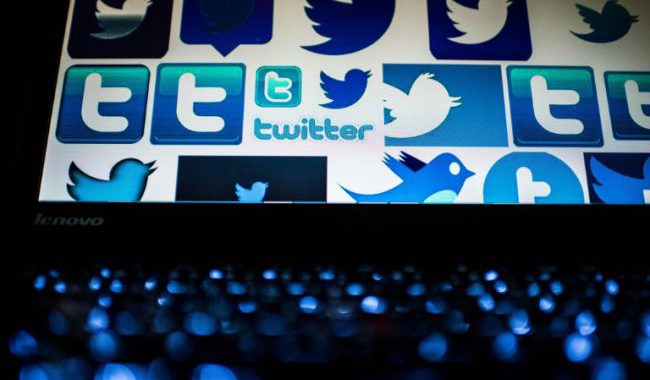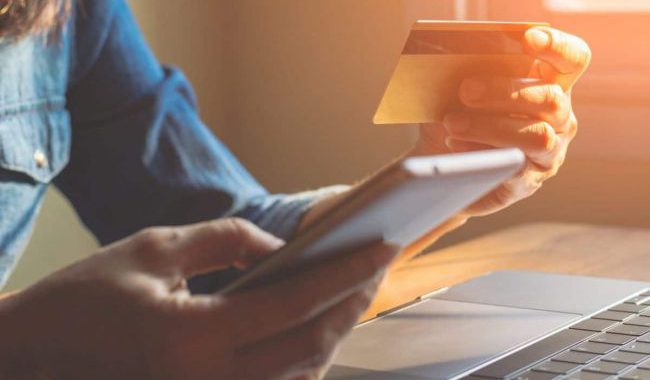NHS coronavirus app: Is it safe, will it actually work on my phone and will it ruin my battery? All your concerns answered

The NHS’s coronavirus app has finally arrived in England and Wales, and the government is encouraging as many people as possible to download it.
It comes after a difficult roll-out, which saw sustained criticism of its early design – leading it to be abandoned in favour of a new technology, developed by Apple and Google.
As such, there is an atmosphere of worry and distrust around the new app. Concerns about safety, privacy, effectiveness, battery life and compatibility have all led people to worry about installing the app.
But the more people install it, the more effective and reliable it will be. Here are the answers to some of those concerns, if you are worried about downloading and using the app.
Is it safe?
Privacy and security concerns have followed the app ever since it was first suggested. At the beginning, the government suggested that it would follow a “centralised” model, which would store information on a server, and led to significant worry.
Health experts said that having such information would be useful, for researchers who could use it to study people’s behaviour and the spread of coronavirus. But privacy experts noted that it would also be very useful to hackers and other malicious actors, who could cause major problems if they got access to that same server.
In the end, the government reversed course and moved instead to a decentralised app, based on contact-tracing APIs, or technologies, developed by Apple and Google for the use of apps around the world. As well as being created to work neatly with their operating systems, the technology does not store any information centrally – any information about who a phone’s owner might have been in contact with is stored and protected on the phone itself.
There are still some privacy concerns around the app. The QR code feature, for instance, does create a database of people who have visited a certain place, and so could potentially be hacked.
But the technology is similar to that already being used in countries that have released and used their app, and there have been no major security issues yet.
Will it actually work?
Inevitably, the app won’t be perfect. Not every contact registered by the app will actually be enough to transmit coronavirus, and not every exposure will be logged by the app. But the government and the app’s developers have been clear that it is not intended to be perfect, and will function alongside more traditional contact-tracing methods.
More of an unknown is how many people will download the app, especially given the much-criticised initial development. How well the app will actually work is entirely dependant on how many people get and use it, and that won’t be known until the days and weeks ahead, as the government looks to encourage people to download the app.
Do I have to have Bluetooth on? Won’t that use up all my battery?
You do need Bluetooth on, since the wireless technology is used to connect to other phones and register potential exposures. Most modern phones are made to be used this way – so they can connect to accessories such as smartwatches and headphones – and so shouldn’t have any major problem with Bluetooth being left on.
The battery impact should be negligible, generally. Apple and Google’s contact-tracing technology uses a low power version of Bluetooth, and developers say that having the app on should only use a couple of percentage points of battery each day.
Will it work on my phone?
Apple and Google worked together to build the contact-tracing tools into its software updates, which means that it won’t come to phones running on older operating systems.
On Android, that means it will only work with phones using Android 6.0 or “Marshmallow”; on iOS, it needs iOS 13.5 or newer, which all iPhones since the 6s are able to download. You can check what operating system you are on from the settings app, though the app will also warn you if you are not able to use it.
The right hardware is also required: the contact-tracing software will only work on phones that support Bluetooth Low Energy (BLE), a specific version of the wireless technology that uses less battery. But most phones that support the software updates will also have BLE.
There is no way around these problems, beyond using a new phone. That has led to criticism that the app will inevitably exclude older people or those without the means to buy newer hardware, but it is an inevitable consequence of the way the technology was developed.










